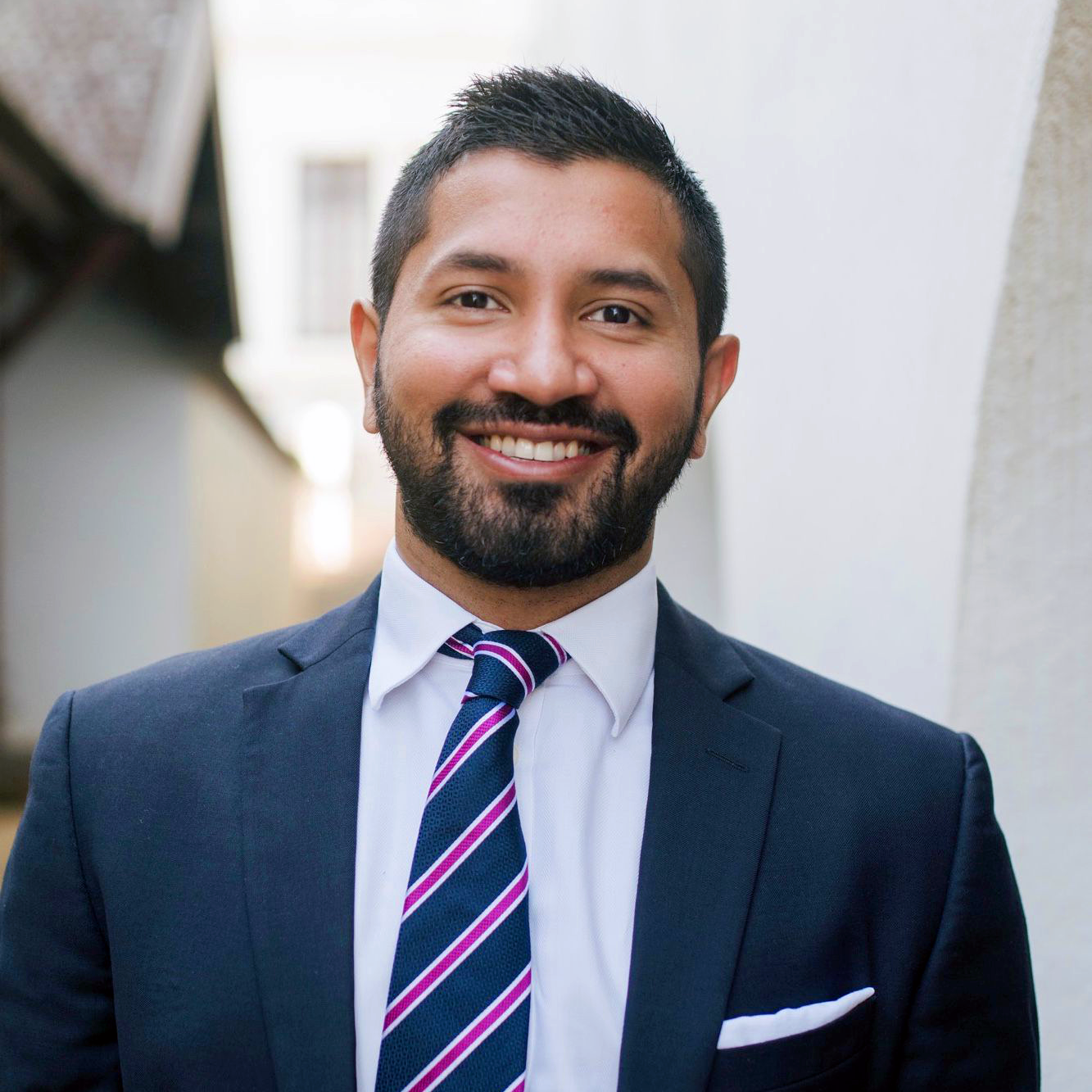How did you initially become involved in activism?
I was passionate about human rights from a young age. Yet, I was primarily focused on child abuse and child rights — perhaps because I was a child. My activism turned towards LGBTQ issues starting around 2010 when I began working at Clifford Chance in London. Upon joining the firm’s LGBTQ network, I was astonished to find the number of declared LGBTQ lawyers less than 1%. Until that point, I believed that the UK, and particularly London, was an inclusive place where openness about sexual orientation or gender identity would not impede one’s career.
I soon became the chair of the firm’s LGBTQ network — the youngest person ever to do so. My first order of business was to make the firm a more inclusive place for everyone. After putting various policies and mechanisms into place, we began seeing improvements. The declared number of LGBTQ individuals increased from 1% to 12%, and the LGBTQ Pride Art Exhibition became the firm’s largest client event. Emboldened by our successes, we started discussing what we were doing with other law firms and even our clients.
What are some of the essential lessons you’ve learned through activism?
You can change as many laws as you want, but the problem will not end if mindsets don’t change. Change often happens through education, which was central to my work with Think Equal, where I served as a founding trustee. Think Equal is a global education initiative that empowers change through social-emotional learning for young children, emphasizing ending discrimination.
Tell me about your work with iProBono.
Soon after joining Clifford Chance, I started engaging in pro bono work and pursuing justice-related matters. In 2009, Shireen Irani had started iProBono to match lawyers with a passion for justice with those who could not afford legal services. The timing was opportune, as wide-ranging legal cuts in the UK had blocked access to justice for many. I soon joined iProbono as a volunteer lawyer and began focusing on expanding access to justice for LGBTQ persons and Sri Lankans.
Today, with nearly 80,000 lawyers across 39 countries, iProbono helps deliver millions of dollars worth of free legal assistance. The organization has received numerous awards, including the Financial Times award for Innovative Lawyers and the British Prime Minister’s Big Society Award.
While at Clifford Chance, one of the first major LGBTQ pro bono cases we took up was that of Christie Elan-Cane and “Non-Gendered.” We then started lobbying UK parliamentarians and government ministers for change on LGBTQ issues and challenged the British government to recognize non-gender/non-binary individuals. At the same time, through iProbono, we called upon government officials to push businesses to promote human rights.
All these efforts made an impact and garnered attention from the public. This made me more confident in being vocal on issues I really cared about. Additionally, positive results from my work meant that we were taking the right steps and that I could provide the right kind of leadership to bring those issues to light. I brought this confidence in activism with me when I returned home to Sri Lanka.
What are the most significant challenges facing Sri Lanka’s LGBTQ community?
The biggest challenge remains the de facto criminalization of our lives in the form of Sections 365 and 365A of our Penal Code. These colonial-era laws, similar to those in other former British colonies, criminalize “carnal intercourse against the order of nature” and “gross indecency.” Historically, these laws have punished non-heteronormative sexual activity and gender identity.
In Sri Lanka, I believe there is a common misconception that LGBTQ people — especially gay men — are not being prosecuted under 365 and 365A. Many believe, as I once did, that these are somehow benign pieces of legislation. Unfortunately, this is not the case.
iProbono started dealing with cases in which LGBTQ Sri Lankans were being prosecuted for private same-sex relations. Such individuals face arrest, as well as whippings, imprisonment, forced anal and vaginal examinations, and forced sexual health screenings. These draconian laws and barbaric practices bring fears of persecution and silence the voices of many LGBTQ individuals.
Sri Lanka has witnessed significant turnover in government since the civil war ended in 2009. What is the current government’s stance on LGBTQ issues?
There is some justification for optimism. Despite a questionable report card on other areas of human rights, the present government has shown an interest in reforming Sections 365 and 365A than any previous government. The Justice Minister, for example, has unequivocally declared that any form of discrimination against LGBTQ people is unwarranted. He also initiated a project that included the reform of laws affecting sexual and gender minorities.
What can the international community do to support the fight for equality in Sri Lanka?
First, international businesses can do a lot to encourage the Sri Lankan government to change its policies. In doing so, they can also bring in local businesses to participate in the dialogue.
One example of Sri Lanka’s private sector driving change is John Keels Holdings, Sri Lanka’s largest conglomerate, which publicly supports LGBTQ rights and has instituted a range of policies and training regarding equality in the workplace.
To learn more about iProBono or to support its work, visit its website here.

